Researchers from IFST investigated the effects of osmotic dehydration on the physicochemical and structural properties of pectin of peach chips dried by instant controlled pressure drop drying (DIC)
Recently, Fruit and Vegetable Processing and Nutrition Health Innovation Team of Institute of Food Science and Technology, Chinese Academy of Agricultural Sciences (IFST-CAAS) investigated the effects of osmotic dehydration on the physicochemical and structural properties of pectin of peach chips dried by instant controlled pressure drop (DIC), including monosaccharide composition, molecular structure, functional group changes, thermal stability and rheological properties. The results were published on Food Hydrocolloids (JCR 1, IF=11.0). Dr. Wang Fengzhao is the first author of the paper, and Prof. Bi Jinfeng and Lyu Jian are the co-corresponding authors. The research was supported by China Agriculture (Peach) Research System (CARS-30-5-02) and the Yunnan Science and Technology Talent Project (202305AF150122).
This study focused on the effects of osmotic solute (erythritol, glucose and trehalose) on monosaccharide composition, molecular weight distribution, molecular configuration, microstructure, nanostructure, thermal stability and rheological properties of pectin of DIC dried peach chips. The results showed that osmotic dehydration could inhibit the degradation of HG domain of pectin, and thus exhibited greater molecular weight and better rheological properties. Among them, the molecular weight of pectin in Ery-OD samples was the highest, and the network structure was the loosest. For Glc-OD samples, the degradation of pectin side chain was the most serious, which induced the lowest (8.96±0.11) branching degree of RG-I chain and the widest (1.49±0.01) molar mass distribution. The addition of α-1,1 glucoside bond in trehalose improved the thermal stability of pectin, which contributed to inhibit the degradation of pectin chains and maintain a more complete and compact three-dimensional network structure. Therefore, the molecular weight, number of hydroxyl groups and molecular configuration of the osmotic solutes had significant effects on the molecular weight, structure, thermal stability and rheological properties of pectin, which were the key factors affecting the macro texture of peach chips.
This study would provide a theoretical basis for revealing the effect mechanism of osmotic dehydration on the texture of DIC fruit and vegetable chips at molecular level.
Original link:https://doi.org/10.1016/j.foodhyd.2024.110516
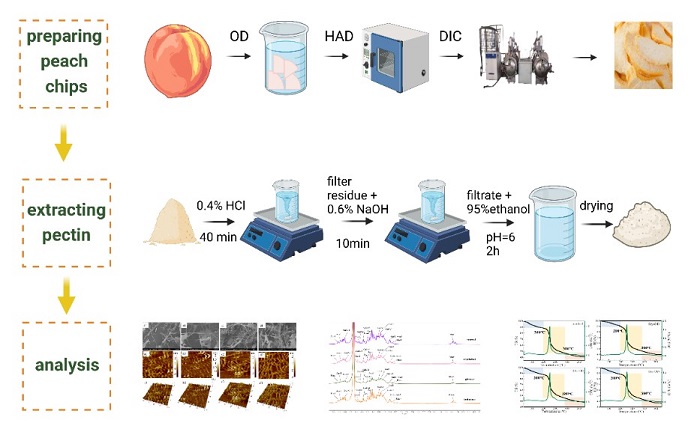
Graphical abstract
-
 Sep 30, 2024China-Laos Training Workshop on Integrated Management of Major Crop Pests and Diseases Concludes Successfully in Laos
Sep 30, 2024China-Laos Training Workshop on Integrated Management of Major Crop Pests and Diseases Concludes Successfully in Laos -
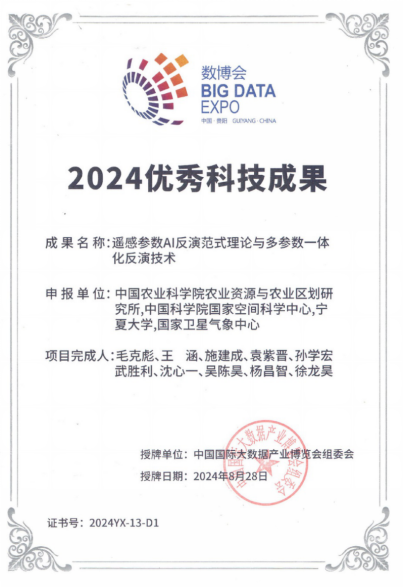 Sep 26, 2024IARRP's AI project research achievement wins the Excellence Award at the Big Data Expo
Sep 26, 2024IARRP's AI project research achievement wins the Excellence Award at the Big Data Expo -
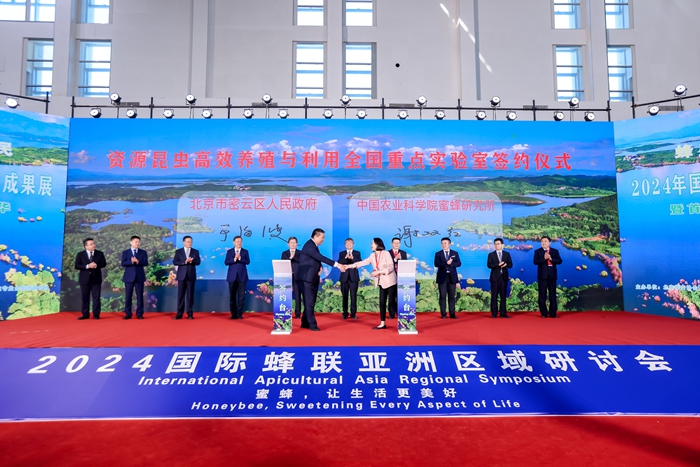 Sep 11, 20242024 International Apicultural Asia Regional Symposium Held in Beijing
Sep 11, 20242024 International Apicultural Asia Regional Symposium Held in Beijing -
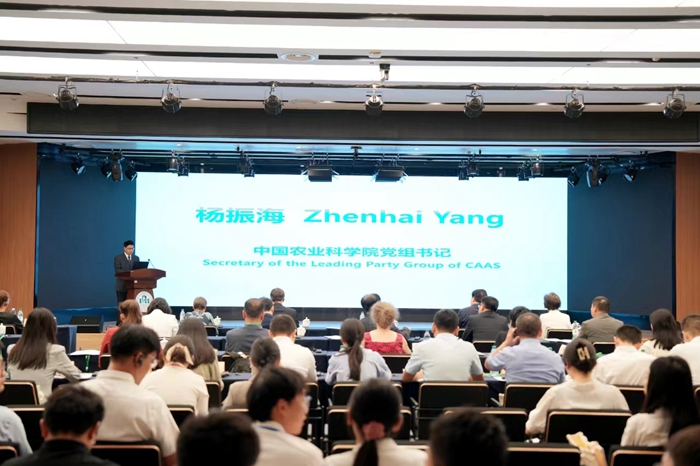 Sep 11, 2024Sino-German Conference on Innovative Approaches for Agriculture and Food System Held in Chengdu
Sep 11, 2024Sino-German Conference on Innovative Approaches for Agriculture and Food System Held in Chengdu -
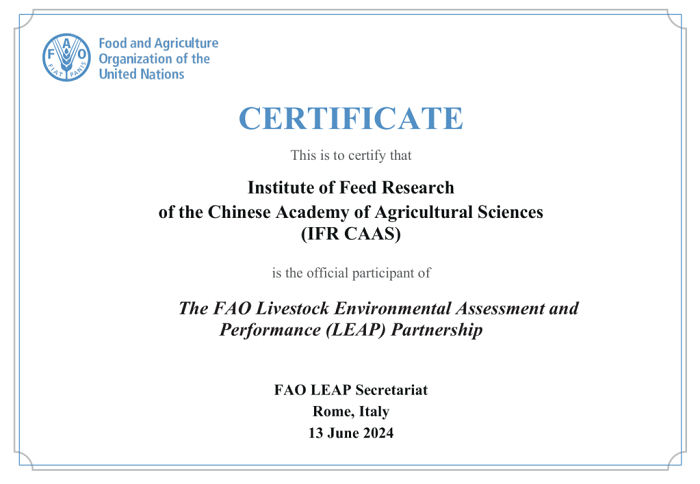 Sep 10, 2024The Institute of Feed Research Joined the FAO LEAP Partnership
Sep 10, 2024The Institute of Feed Research Joined the FAO LEAP Partnership
